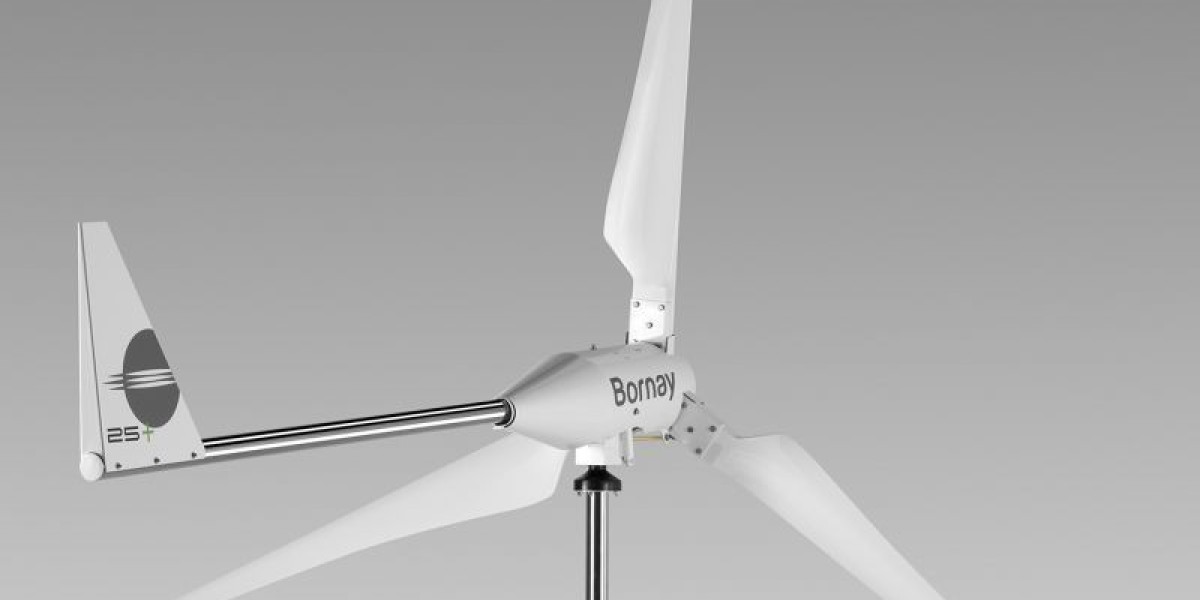In recent years, the need for sustainable energy solutions has become increasingly urgent, particularly in regions like South Africa. As the country grapples with energy shortages and rising electricity costs, many homeowners are turning to renewable energy sources, notably household wind turbines. Among the key players in this market is Pegasus South Africa, a company that is making significant strides in promoting residential wind power. This article explores the benefits of residential wind turbines and highlights the role of renewable energy companies in South Africa.
Understanding Household Wind Turbines
Household wind turbines are small-scale wind energy systems designed to generate electricity for residential use. Unlike traditional wind farms, which require extensive land and are typically located in remote areas, household turbines can be installed on rooftops or in backyards, making them a practical option for urban and suburban settings. These systems harness wind energy to provide power directly to the home, significantly reducing reliance on the national grid and lowering electricity bills.
The appeal of household wind turbines lies in their ability to provide clean, renewable energy. By converting wind energy into electricity, homeowners can reduce their carbon footprint and contribute to a more sustainable future. Furthermore, with the ongoing advancements in turbine technology, many modern residential wind turbines are quieter, more efficient, and easier to install than ever before.
The Role of Pegasus South Africa
Pegasus South Africa is at the forefront of the renewable energy movement in the country, specializing in residential wind power solutions. With a commitment to sustainability and innovation, Pegasus offers a range of products designed to meet the diverse needs of South African households.
One of the standout features of Pegasus wind turbines is their ability to operate efficiently in varying wind conditions. South Africa's diverse climate means that wind patterns can differ significantly across regions. Pegasus turbines are engineered to adapt to these variations, ensuring consistent energy production regardless of environmental factors. This adaptability makes them an attractive choice for homeowners looking to invest in renewable energy.
In addition to providing high-quality wind turbines, Pegasus South Africa also emphasizes the importance of education and support for homeowners. The company offers comprehensive guidance on the installation and maintenance of residential wind turbines, ensuring that customers can maximize their investment. This commitment to customer service sets Pegasus apart as a leader among renewable energy companies in South Africa.
The Benefits of Residential Wind Power
Investing in residential wind power offers numerous advantages. First and foremost, it provides a reliable source of clean energy, which is essential in a country where power outages and load shedding have become common. By generating their own electricity, homeowners can mitigate the impacts of unreliable grid power and gain greater control over their energy usage.
Additionally, household wind turbines can lead to significant cost savings over time. While the initial investment may seem substantial, the long-term benefits can outweigh the costs. Homeowners can reduce their electricity bills and potentially earn money through net metering programs, where excess energy generated can be sold back to the grid. This financial incentive makes residential wind power an attractive option for many South Africans.
Moreover, embracing wind energy contributes to broader environmental goals. As the country works to reduce its reliance on fossil fuels and combat climate change, every household that invests in wind power plays a part in creating a more sustainable energy future. This collective effort can have a significant impact on national energy policies and help drive the transition toward greener technologies.
Supporting Renewable Energy Companies in South Africa
The growth of residential wind power is also a testament to the efforts of various renewable energy companies in South Africa. These companies are crucial in promoting awareness and accessibility of sustainable energy solutions. From manufacturing and installing wind turbines to providing education and support, they play a vital role in the transition to renewable energy.
In addition to Pegasus South Africa, there are several other renewable energy companies in the region that are making significant contributions. These companies often collaborate with local communities, helping to empower homeowners to take charge of their energy needs. By fostering a culture of sustainability, they encourage more households to consider wind energy as a viable option.
Furthermore, the South African government has recognized the importance of renewable energy and has implemented policies to support its growth. Incentives for renewable energy projects, including tax benefits and grants, have made it easier for homeowners to invest in technologies like household wind turbines. These initiatives reflect a growing commitment to sustainability and energy independence.
Challenges and Considerations
Despite the many benefits, there are challenges associated with residential wind turbines. One major consideration is the initial investment cost, which can be a barrier for some homeowners. However, as technology continues to advance and production costs decrease, these systems are becoming more affordable.
Another challenge is the perception of wind energy. Some individuals may have concerns about noise or aesthetics, especially in urban settings. However, modern turbines are designed to operate quietly and blend seamlessly into the landscape. Education and awareness efforts from companies like Pegasus South Africa can help address these concerns and promote acceptance of wind energy.
Conclusion
The rise of household wind turbines in South Africa represents a significant step toward a more sustainable energy future. With companies like Pegasus South Africa leading the way, homeowners now have access to reliable, clean energy solutions that not only benefit their households but also contribute to broader environmental goals. As the country continues to embrace renewable energy, residential wind power is poised to play an increasingly important role in shaping South Africa’s energy landscape. By investing in household wind turbines, individuals can empower themselves and help pave the way for a greener, more sustainable future.







